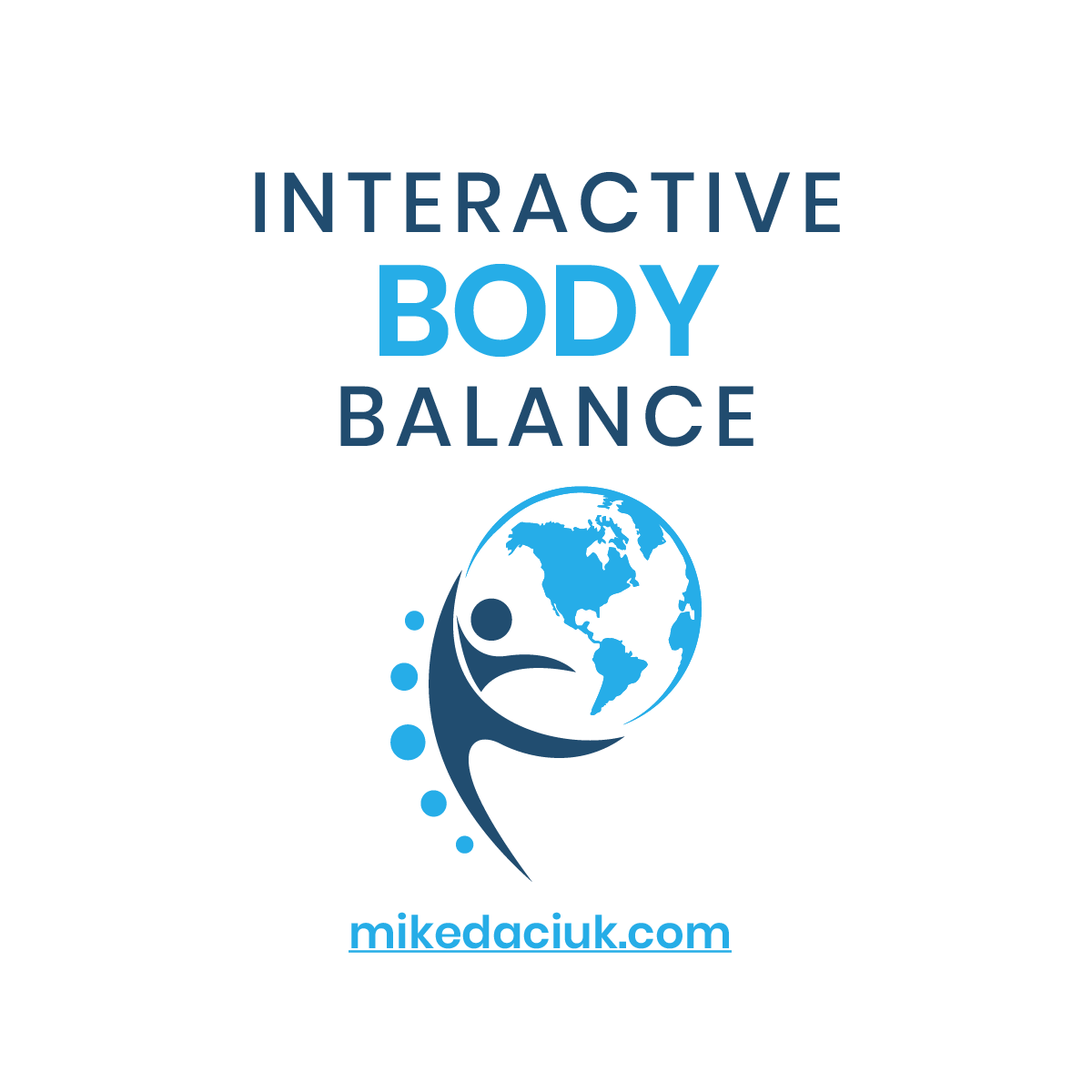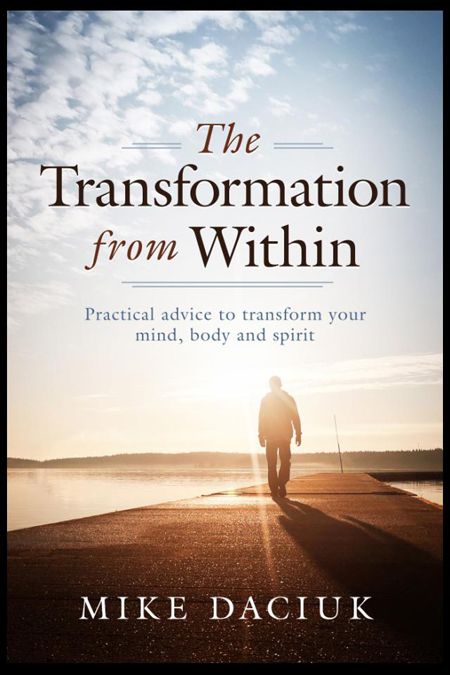Top Cold Remedies
Echinacea
The herb Echinacea purpurea is one of the best known and widely available herbal cold treatments. Recent study results have been negative, but its effectiveness may vary depending on the preparation. Two studies funded by the National Center for Complementary and Alternative Medicine found no benefit from echinacea in a juice formulation or in an unrefined combination of root and herb. However, David Leopold, MD, recommends mixing 15 to 20 drops of an echinacea tincture with warm water four or five times a day (or as directed on the bottle).
“It tends to be a little more potent than pills,” says Dr. Leopold, who is the director of integrative medical education at theScrippsCenter for Integrative Medicine and a faculty member with the Scripps Natural Supplement Conference, inLa Jolla,Calif.
Ginseng
Although this Asian herb is taken mainly to boost energy, stamina, and overall health, researchers have begun to examine its efficacy in fighting the common cold. A 2005 study conducted by Canadian researchers found that taking ginseng every day reduced the severity and duration of cold symptoms, and appeared to prevent colds as well.
Nasal rinsing
Long popular with the holistic crowd, daily rinsing is believed to fend off cough, sniffles, and sore throat. A well-publicized study recently found that children who rinsed with a saline nasal wash six times a day had an improvement in cold symptoms and fewer recurrences.
In the study, 401 children ages 6 to 10 were randomly assigned to standard medication or to nasal wash with modified seawater solution (Physiomer) plus standard medication.
However, it may be counterproductive to rinse every day when you’re healthy. A 2009 study published in Annals of Allergy, Asthma and Immunology found that daily rinsing can deplete the nose of protective mucus, and actually increase your risk of getting a cold and other infections.
Pelargonium sidoides
Though less well-known than some other herbal cold remedies, extracts derived from this plant have been shown to decrease the symptoms of acute bronchitis. One study, published in the journal Phytomedicine in 2003, examined 468 adults with acute bronchitis lasting less than two days who were given either placebo or an extract of the roots of Pelargonium sidoides; those in the latter group were told to take 30 drops three times a day for a week.
The treated patients saw quicker resolution of symptoms including pain during cough and fever, and were able to return to work in an average of 4.7 days (compared to 6.3 days for placebo).
Vitamin C
Vitamin C may be the most studied of the available alternative remedies. Again, study results have been mixed, but experts seem to more strongly support vitamin C than other remedies. Even the purported benefits of Airborne may have more to do with its vitamin content than other ingredients.
“There’s nothing intrinsically wrong or right with the product,” says Steve Gardner, litigation director for the Center for Science in the Public Interest. “It’s an extraordinarily expensive vitamin-C delivery system. If there’s any benefit, it may be from the vitamin C, which for some people might reduce the severity or duration of a cold, but won’t prevent one.”
The recommended everyday intake is 75 milligrams per day for adult women and 90 milligrams per day for adult men. Dr. Leopold recommends that people with colds take a gram or so of vitamin C several times a day, depending on what other medical conditions they may have.
Zinc
A 1996 study found that zinc lozenges reduced the duration of the common cold from 7.6 days to 4.4 days. Other studies have been mixed but doctors do sometimes recommend the supplement.



